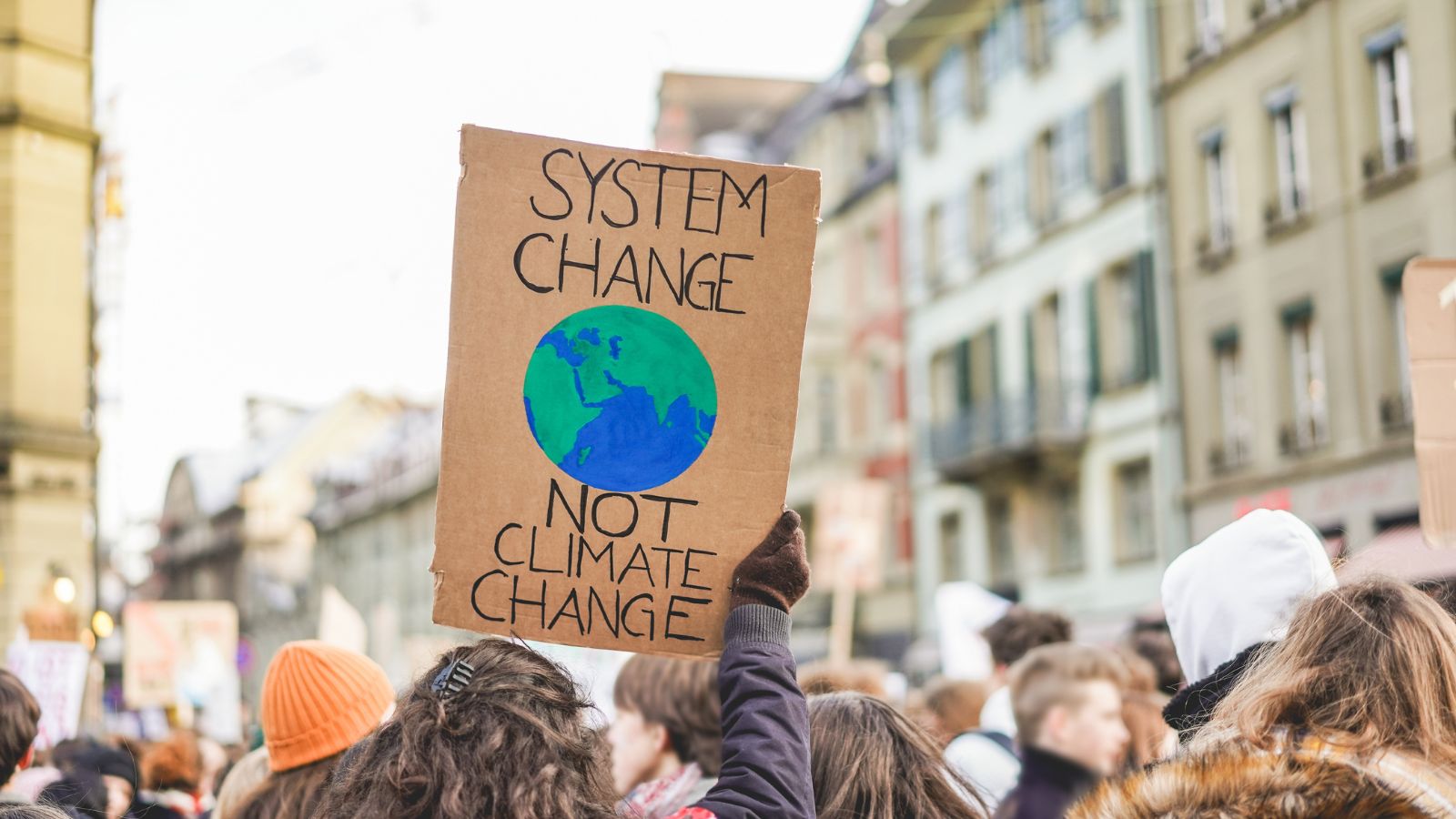The Greatest Generation, shaped by the hardships of the Great Depression and World War II, developed strong values that guided them through life. When they look at today’s society, many can’t help but feel that things have taken a turn for the worse. They see signs everywhere that the world is far from what they once knew.
Let’s look into the reasons why they think modern society is in such disarray.
Too Much Reliance on Technology

It’s hard to miss how technology has taken over nearly every part of life today. For the Greatest Generation, who grew up with minimal gadgets, the obsession with smartphones and social media seems excessive. They often wonder if people even know how to communicate face-to-face anymore. Seeing families glued to screens during dinner or friends barely talking because they’re scrolling leaves them baffled.
A Decline in Manners

Politeness was second nature for this generation, yet they often notice how rare it seems now. Simple things like saying “please” and “thank you” or holding a door open for someone are no longer guaranteed. Watching people cut in lines or fail to greet one another feels like a breakdown of basic courtesy.
They believe these small acts of respect are what make society civil, and losing them is a worrying sign of the times.
A Lack of Accountability

Taking responsibility for one’s actions was non-negotiable for the Greatest Generation, but they see it fading fast today. They’re often frustrated by the tendency to shift blame onto others or circumstances instead of owning up to mistakes. Whether it’s in personal relationships or the workplace, this lack of accountability feels like a slippery slope.
Disrespect Toward Elders

Respect for older generations was once a cornerstone of society, but today it feels like an afterthought. They notice fewer young people seeking advice, listening to their stories, or even showing basic courtesy like giving up a seat on public transport.
For a generation that values wisdom gained through experience, this disregard can feel deeply disheartening.
The Breakdown of Family Bonds

Family was everything to the Greatest Generation, and they often feel it’s no longer prioritized in the same way. They see fewer family dinners, fewer multigenerational gatherings, and more people focused on individual pursuits. Divorce rates and fragmented households leave them worried about the future.
An Obsession With Instant Gratification

Waiting was a fact of life for this generation, waiting in ration lines, saving for years to buy a house, or working long hours to achieve goals. Today’s need for instant gratification through same-day deliveries, fast food, and on-demand entertainment feels foreign to them.
They worry this impatience is teaching people to avoid hard work and settle for shortcuts instead of valuing long-term rewards.
A Decline in Community Spirit

Do you remember a time when neighbors knew each other’s names and lent a hand without being asked? The Greatest Generation does, and they lament how much that sense of community has faded. Whether it’s people moving more frequently or focusing inward on their own lives, they feel neighborhoods don’t have the same closeness anymore.
Too Much Political Division

Politics have always been a source of debate, but the Greatest Generation often feels the current climate is more divisive than ever. They grew up in a time when disagreements didn’t prevent people from working together for the greater good.
Today’s hyper-partisan environment, fueled by social media and 24-hour news, leaves them feeling disillusioned, and they worry that this inability to compromise will only make society’s problems harder to solve.
Materialism Over Character

The pursuit of wealth and possessions has always existed, but the Greatest Generation sees it as being out of control today. They grew up making do with less and valuing character over material success.
Watching society place so much emphasis on expensive gadgets, designer brands, and big houses makes them question whether we’ve lost sight of what really matters. To them, a person’s worth is measured by their actions, not their bank account.
A Lack of Gratitude

Gratitude was a way of life for this generation, but they don’t see it as much anymore. Whether it’s people taking things for granted or complaining about what they don’t have, the absence of thankfulness stands out. The Greatest Generation believes that appreciating what you have, no matter how little, is key to happiness.
Overreliance on Government Assistance

Self-reliance was a survival skill for the Greatest Generation, and they often see today’s reliance on government aid as concerning. They understand that safety nets are important, but they also believe people should do everything they can to help themselves first.
Overexposure to Negativity in Media

The constant flood of bad news on TV and online is something the Greatest Generation finds hard to process. They grew up with limited news sources and a focus on what united people rather than what divided them. Today’s sensational headlines and endless streams of negativity feel overwhelming.
A Decline in Work Ethic

Hard work wasn’t just a virtue for the Greatest Generation—it was a necessity. They often feel that the value of a strong work ethic has diminished over time. Seeing people prioritize convenience or look for shortcuts leaves them questioning whether today’s society truly values effort.
To them, hard work builds character and provides a sense of accomplishment that shortcuts simply can’t replace.
